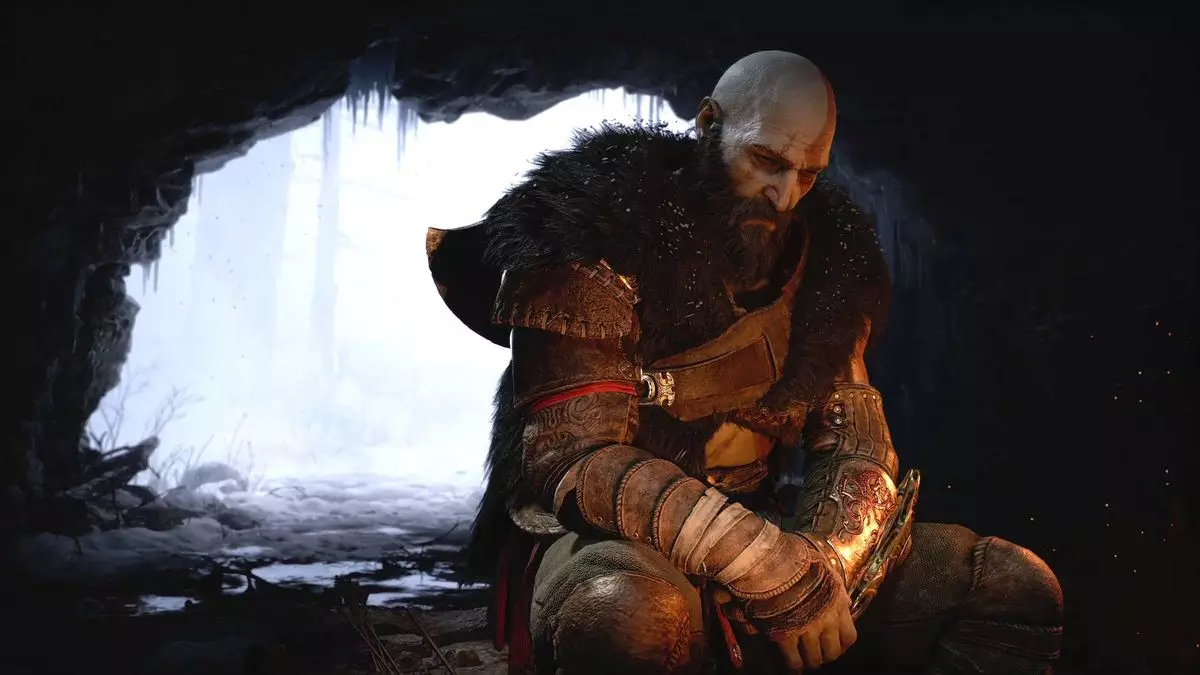On a seemingly ordinary Saturday morning, the PlayStation Network (PSN) experienced a significant disruption lasting approximately 17 hours, affecting a broad spectrum of players across various platforms including PS3, PS4, PS5, and PS Vita. According to the official PSN Network Status, the troubles began at midnight UK time, sparking a wave of frustration among gamers who rely on the network for online play, access to the PlayStation Store, and account management functionalities. This incident underscores the inherent vulnerabilities in digital infrastructures, which can leave users stranded and voiceless in moments of disruption.
Traditionally, gamers have accepted that outages will hinder multiplayer experiences and online functionalities. However, the repercussions this time extended beyond the online realm into solitary gaming. Players found themselves unable to access even single-player titles—games that typically require no internet connection—because of the digital licensing verification process mandated by modern consoles. Titles such as “Metaphor: ReFantazio” and “Kingdom Come: Deliverance 2,” accessible without the internet, became locked away behind licensing walls, frustrating those who expected to indulge in offline gameplay. Error messages warned users that connections were necessary for verifying licenses, effectively transforming devices that should offer entertainment into mere digital paperweights.
Perhaps the most alarming aspect of this outage is the reported inability to use physical game libraries during PSN outages. As reported by various players, consoles without a disc drive accessibility generally remain nonfunctional, turning physical games into inaccessible assets should users face network issues. One players’ comment about the importance of physical media resonates deeply: “This is why real physical media and disc drive access is vital.” It prompts a broader conversation about our shift towards digital ownership—where the lines blur between owning a game and merely having access to it as long as the network remains intact. The fragility of this system calls into question the long-term sustainability of a model reliant on continuous online verification.
This incident highlights a significant issue in today’s gaming landscape: the ownership dilemma. With an increasing reliance on digital formats, the concept of ownership itself is morphing. When access to content hinges upon a service’s uptime, the permanence of ownership evaporates, creating a scenario where all art and entertainment are perceived as temporary or disposable. The incident serves as a cautionary tale, emphasizing the critical need for contingency plans that allow players to access their purchased content despite network issues.
Looking forward, this outage comes at a crucial time, just days before Sony’s anticipated State of Play showcase, which is expected to reveal new content about titles like “Death Stranding 2”. While the excitement for new releases remains palpable, the PSN downfall serves as an urgent reminder of the structural weaknesses in digital gaming. As the gaming community continues to wrestle with these issues, it becomes increasingly apparent that to foster a more resilient and user-friendly environment, industry changes must be implemented that genuinely prioritize consumer ownership and access stability. Only through reevaluating our digital practices can we hope to safeguard the future of gaming in an uncertain digital age.

